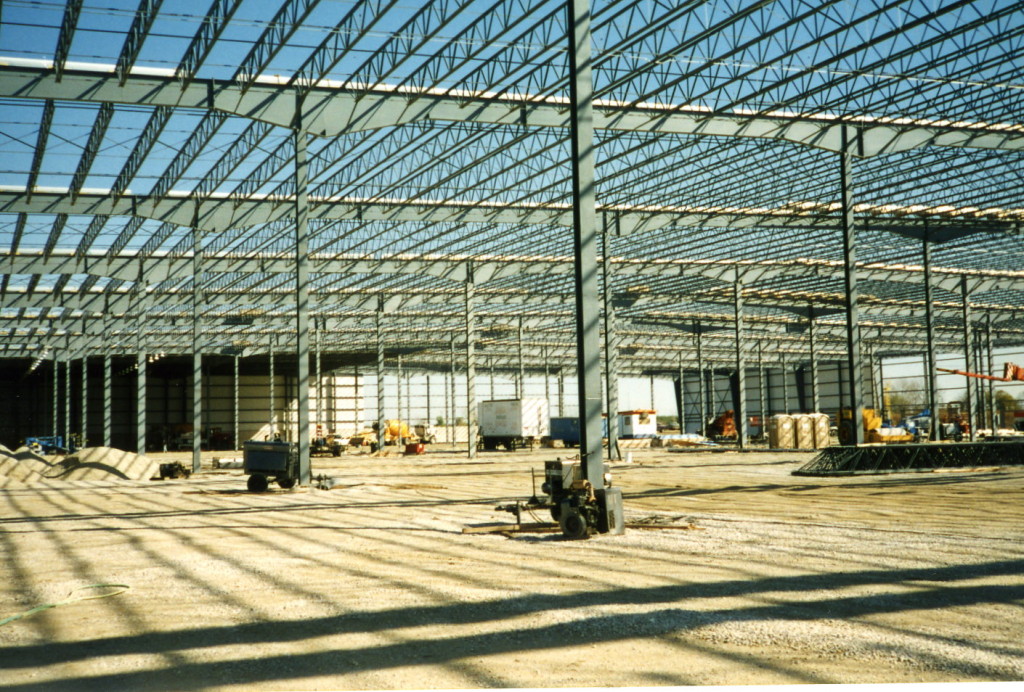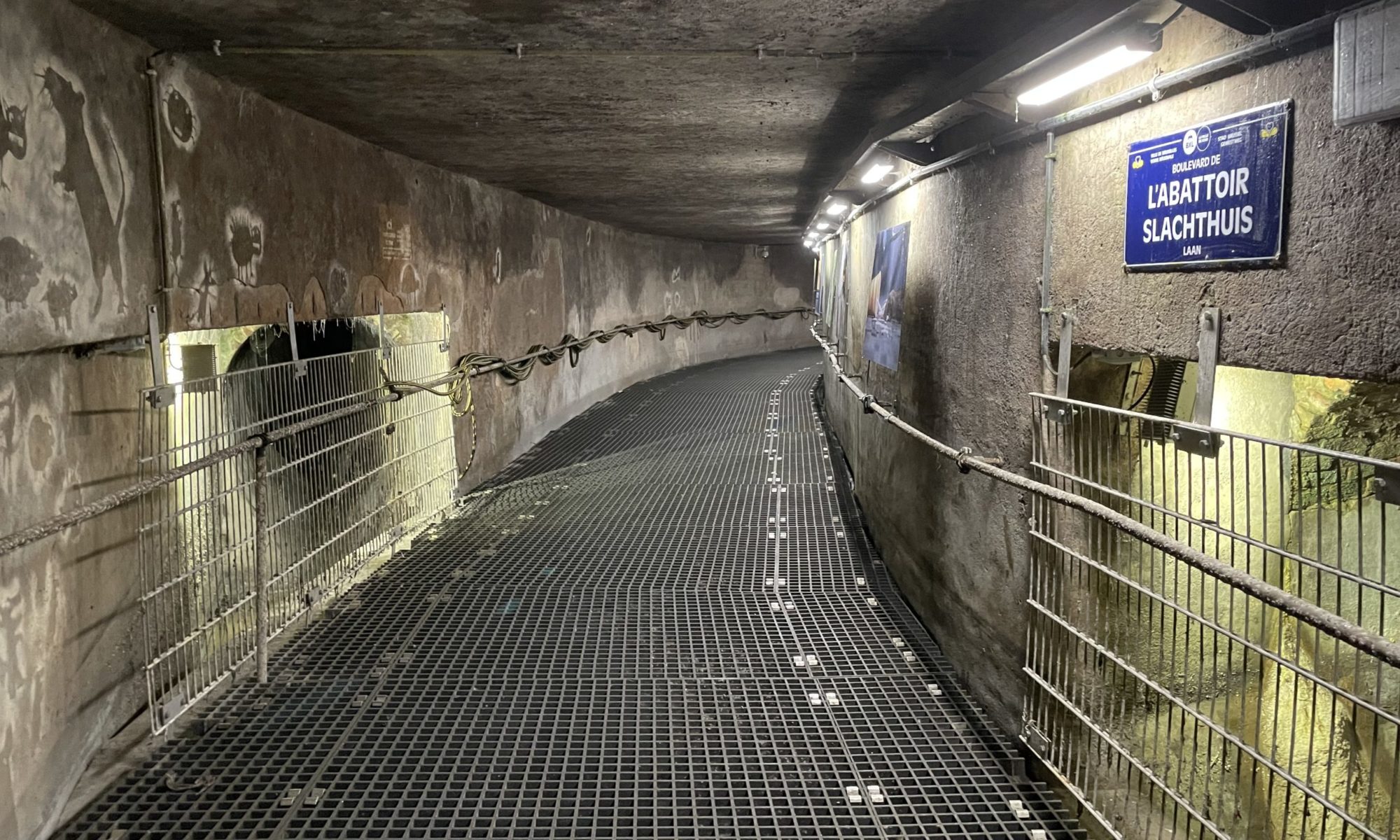 Today we read an article, INTERVIEW: When a State Doesn’t Realize Its Best, City-Level Assets, in which Pennsylvania Treasurer Rob McCord talked about the impact that the transfer of funding of education from a state to local responsibility would have on his state's economy. While we might not have totally agreed with his hesitation to transfer at least some of this responsibility, his comment of "..that’s coming at the expense of other basic investments in services that could yield a return, and we’re seeing this downward spiral" made us think more about the synergy between state and local finances. As Rob was pointing out, the development of economic drivers really happens at the local level. And when a city makes this local investment to attract and develop business, the state benefits from the additional revenue generated. This is of course not news to any of us in government – it is why Illinois, the state we happen to live in, already has so many programs that provide economic development money to cities. But what it did make us start thinking about is how the state's pension fund could fit into this equation. Could the pension fund in Illinois be used to invest in local economies to increase state revenues and as a side benefit provide better and more secure returns to the pension fund?
Today we read an article, INTERVIEW: When a State Doesn’t Realize Its Best, City-Level Assets, in which Pennsylvania Treasurer Rob McCord talked about the impact that the transfer of funding of education from a state to local responsibility would have on his state's economy. While we might not have totally agreed with his hesitation to transfer at least some of this responsibility, his comment of "..that’s coming at the expense of other basic investments in services that could yield a return, and we’re seeing this downward spiral" made us think more about the synergy between state and local finances. As Rob was pointing out, the development of economic drivers really happens at the local level. And when a city makes this local investment to attract and develop business, the state benefits from the additional revenue generated. This is of course not news to any of us in government – it is why Illinois, the state we happen to live in, already has so many programs that provide economic development money to cities. But what it did make us start thinking about is how the state's pension fund could fit into this equation. Could the pension fund in Illinois be used to invest in local economies to increase state revenues and as a side benefit provide better and more secure returns to the pension fund?
While we are not financial experts nor did we stay in a Holiday Inn Express, we do have some background and familiarity in working with the funding systems in Illinois for economic development and investment in infrastructure. We realize from this experience that the framework and support for this is already in place for the state to provide monies to local agencies to support and attract businesses through construction of infrastructure. Some monies are provided through loans such as the revolving loan funds at the IEPA while other programs like IDOT's EDP provide funds through grants that do not have to be paid back. So we wondered why not do something similar with the pension funds?
The approach we were thinking about would be to use pension funds as the source of loan funds that are made available to local agencies for the sole purpose of supporting an infrastructure project tied to economic development. The loans would be provided at a range of interest rates depending on whether or not the local agency had an actual commitment from a business to locate in the community. For example, if a city did not have a specific business in mind and instead was only creating a business park, the rate could be set at 5%. But if the city was able to get a business to sign something like a 10-year commitment and needed a loan to build the infrastructure to attract that business, the loan rate could be 3%. There are many other factors that could be used in a formula to determine interest rate such as expected jobs, sales tax, real estate tax, etc. Perhaps the state could even start out with a small pilot program to test the feasibility of this concept and allow for a testing of the parameters that would need to be in place to ensure its success.
They key to all this is that right now we are relying on Wall Street for our returns for our pension fund investments, and there is no guarantee on the rate of return nor does it necessarily put money back into the economic engine of our own state. If we instead made pension fund investments in our local economy through a system that guaranteed a rate of return from reliable sources – local agencies – we would know we were making money each year, we would know how much, and we would be using our money to make more money. It might not fix the whole problem, but it seems like it has potential to at least contribute some benefit.

